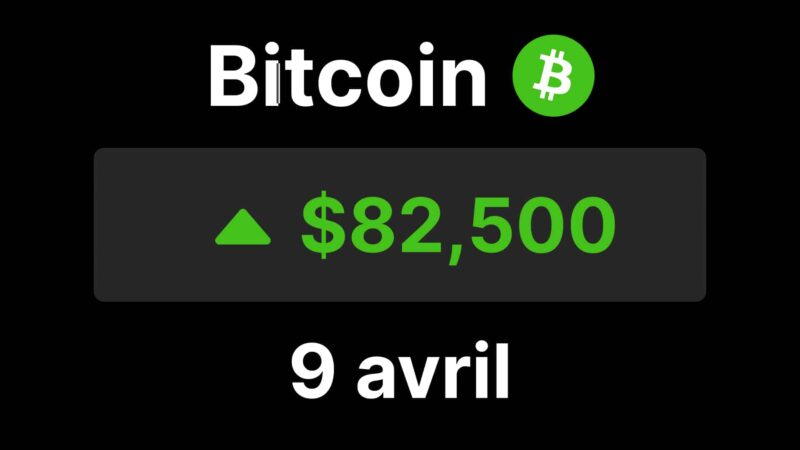Japan is preparing an unprecedented reclassification of one hundred and five crypto assets into traditional financial products, with a strengthened transparency framework and rules akin to the stock market.
A New Transparency Framework for Crypto in Japan
The heart of the reform lies in a crucial point. One hundred and five crypto assets will be officially reclassified as financial products under the Financial Instruments and Exchange Act. This shift creates an environment more akin to the stock market, with enhanced transparency rules and stricter governance.
Japanese platforms will now have to provide precise information on the tokens they list. The presence of an issuer, the functioning of the blockchain used, the level of volatility, everything must be clearly communicated. The goal is simple. Allow the general public to understand what they are purchasing, and reduce the grey areas that have long hindered adoption.
The project also includes an additional weapon against insider trading. Issuer executives and exchange officials could be banned from trading if they have access to non-public information such as future listings. A strong measure designed to align the crypto sector with compliance standards applied to traditional markets.
These amendments will be presented to Parliament during the regular session of 2026. The timeline is set, showing the country’s determination to complete this transformation expediently.
Towards a Finally Competitive Taxation
The other task is even more spectacular for individuals. Tokyo aims to reduce the maximum tax rate on crypto gains. The current ceiling, which can reach up to 55% depending on individual circumstances, would be reduced to 20%. This is the same rate as for stock earnings. A highly anticipated alignment, as the Japanese tax regime was one of the heaviest in the world for digital investors.
The tax reform will be examined in the next fiscal year. If successful, Japan will instantly become one of the most attractive environments for traders, crypto companies, and Web3 projects looking to establish themselves in Asia.
A Country Wanting to Regain a Major Role in Web3
The shift has been visible for several months. Authorities are exploring the conditions for local banks to treat crypto assets like bonds or stocks. The stablecoin market is also advancing. The first yen stablecoin, JPYC, was launched on October 27, paving the way for a solid native ecosystem.
The message to the global market is crystal clear. Japan wants to reclaim its place in financial innovation, attract crypto companies, and provide local investors with a clear, modern, and competitive framework. An ambitious strategy that could reshuffle the cards in Asia, at a time when more and more capital is flowing into digital finance.




